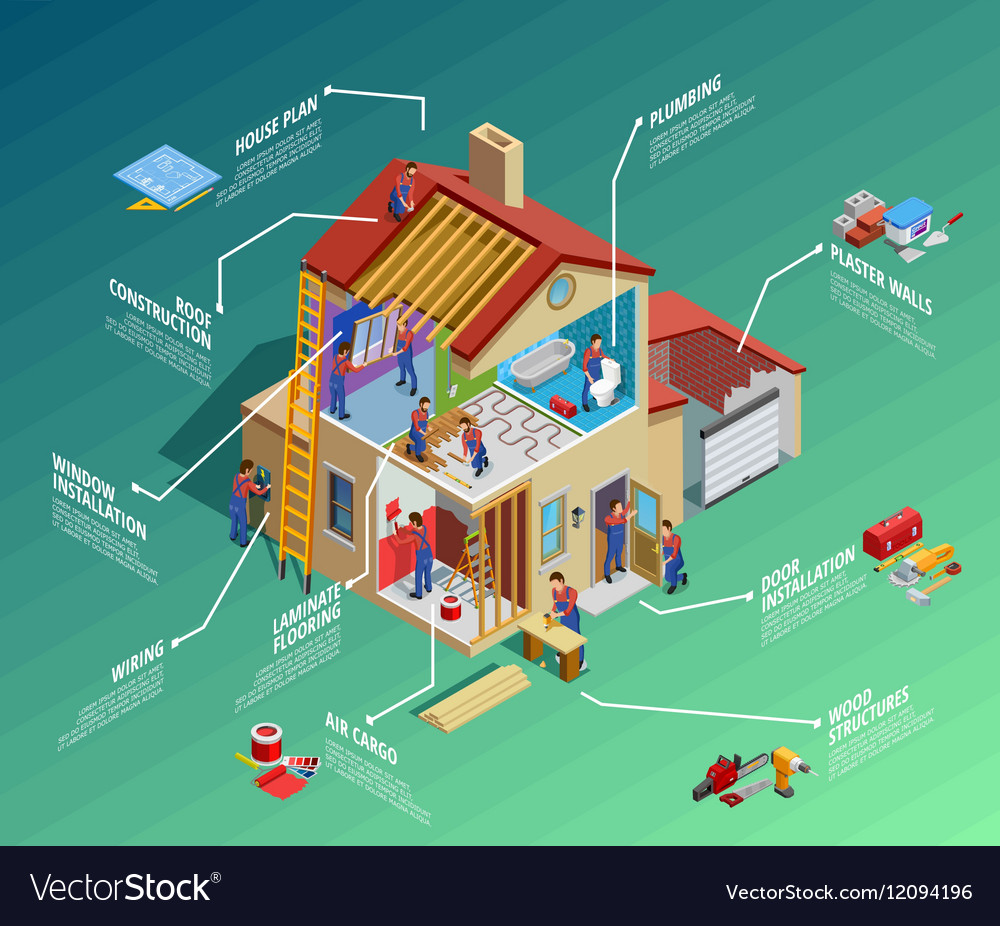Just How To Budget For Your Flooring Project: A Practical Overview
Just How To Budget For Your Flooring Project: A Practical Overview
Blog Article
Produced By-Proctor Terkildsen
When you're planning a floor covering task, budgeting isn't practically choosing a number; it has to do with comprehending what you genuinely need and the prices entailed. You'll intend to analyze your details needs, research study numerous materials, and expect unforeseen expenditures. Think about just how elements like space function and installation techniques can influence your budget. Yet before you enter, there are some important details you might ignore that could significantly impact your total costs. Let's explore just how to navigate these complexities and ensure your job remains on track.
Assessing Your Floor Covering Requirements
Prior to diving into your flooring job, it's important to examine your floor covering requires. Start by taking into consideration the specific locations where you intend to install new floor covering. Think about the objective of each area. As an example, kitchens and bathrooms require waterproof materials, while living locations may gain from convenience and aesthetic appeals.
Next off, evaluate the status quo of your floorings. Are there any type of structural concerns, such as irregular surface areas or wetness issues? Dealing with these problems early on can save you money and time down the line.
Likewise, keep in mind of the dimensions of each room to establish just how much floor covering you'll require.
Do not forget to consider your lifestyle. If you have pets or young youngsters, sturdiness might be your top concern, while a much more official area may require a lavish finish. Furthermore, think of your design preferences. Do you favor a traditional look, or are you drawn to contemporary designs?
Finally, be practical about just how much maintenance you're willing to dedicate to. Some products require even more maintenance than others. By understanding your requirements plainly, you'll be better geared up to make informed options as you move forward with your flooring task.
Estimating Prices and Materials
Estimating costs and materials is an essential action in your floor covering project that can significantly influence your general budget. Begin by gauging your space accurately to identify how much flooring you'll require. For a lot of products, you'll discover prices by square foot, so accumulate quotes from numerous distributors to obtain a practical figure.
Next, consider the kind of floor covering you want. Alternatives like hardwood, laminate, tile, or carpet all come with various price points. Research the expenses for each and every and factor in any type of additional materials like underlayment, glue, or change strips.
Do not fail to remember to include how much to epoxy basement floor if you're preparing a DIY installation, as renting or buying equipment can add to your costs.
Labor expenses are another crucial consideration. If you're working with specialists, get estimates from several contractors to guarantee you're obtaining a reasonable price. Be clear regarding the range of work to avoid unforeseen costs later on.
Lastly, it's a good idea to set aside a little percent of your budget for any unanticipated expenses connected to products. By extensively approximating your costs and products in advance, you'll establish yourself up for a smoother and extra convenient floor covering job.
Preparation for Hidden Costs
Many homeowners forget the surprise expenses that can arise during a floor covering task, which can lead to budget overruns. To avoid this, you require to prepare for prospective added prices.
First, think about the condition of your existing subfloor. If it's harmed or unequal, you'll likely need repair work or leveling, which can include substantially to your total cost.
Next off, think of removal and disposal costs for your old floor covering. Several specialists charge added for this service, so aspect that into your budget.
Furthermore, don't forget the prices of underlayment, which may not be included in the initial quote however are necessary for a successful setup.
You should additionally plan for unforeseen complications, such as pipes or electrical work if your floor covering project entails moving components. It's a good idea to reserve at least 10-15% of your overall allocate these unexpected expenditures.
Last but not least, remember that authorizations may be needed for certain installments. Constantly inspect epoxy floor installers near me to prevent fines or hold-ups.
Final thought
In conclusion, budgeting for your flooring job is necessary for a successful end result. By assessing your requirements, approximating costs, and planning for concealed expenses, you'll prevent surprises and stay on track. Keep in mind to set aside a part of your allocate unanticipated expenses and keep a comprehensive break down of your expenditures. With epoxy flooring installers near me and factor to consider, you'll produce a gorgeous room that satisfies your demands without breaking the financial institution. Satisfied floor covering!
